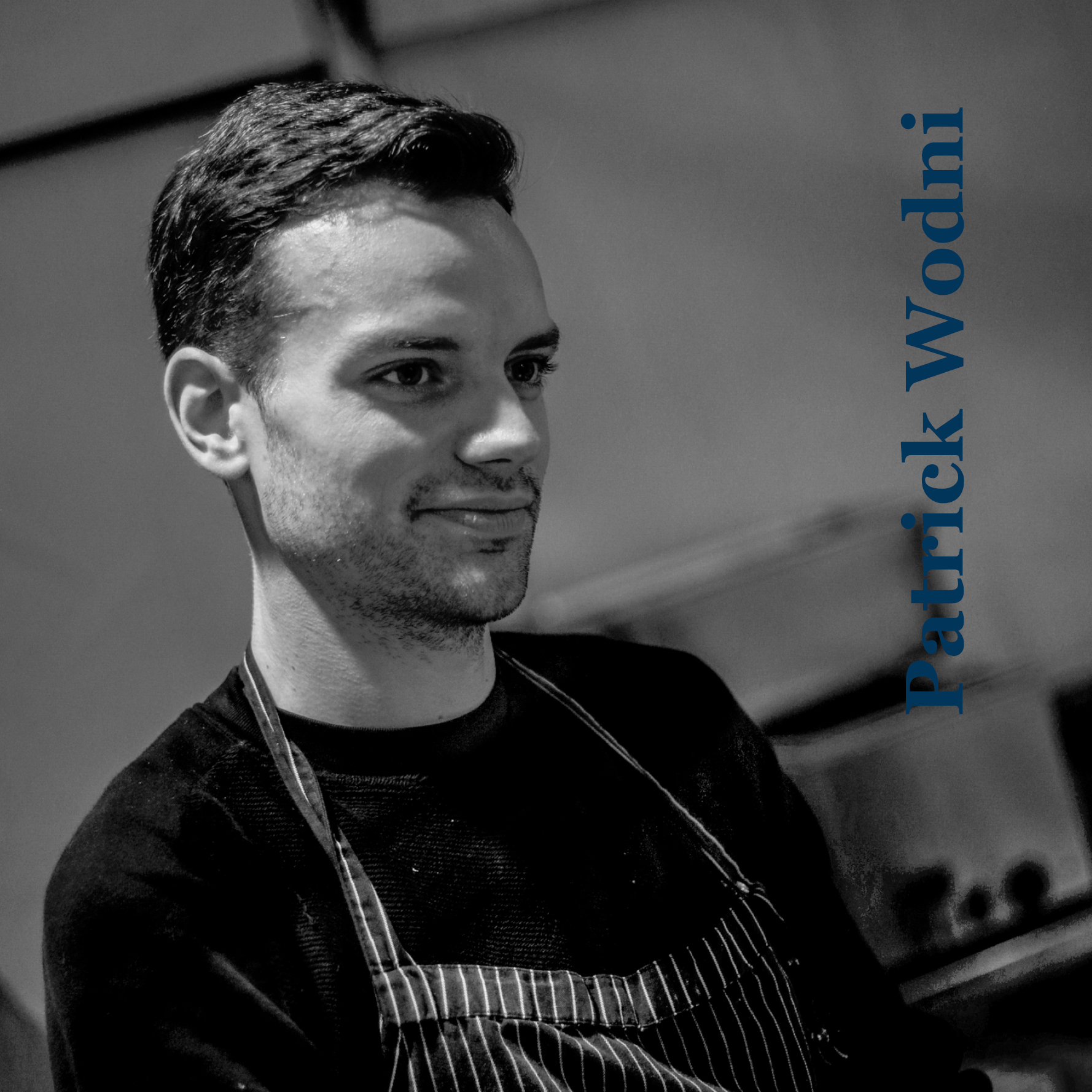Focus Session
Beyond Yummy: Creative solutions for institutional food service
Alternatives for a resource-preserving, comprehensive institutional food service
What`s it about?
Eating food prepared by a kitchen outside the home is standard daily practice for millions of people in Germany. At least one meal is taken daily in company restaurants, cafeterias and dining halls. Institutional food service thus wields enormous purchasing power, with significant impact on the environment and the economy. Despite this strong influence on the eating habits of its guests and on the environment itself, the industry is not particularly famous for its strong procurement policies, solid provision of nutrition and promotion of food culture. In recent years a set of real functional alternatives has arisen, capable of preserving resources while fostering real contact between people and the agriculture that feeds them.
In this workshop, Patrick Wodni will explain the benefits of this trend, drawing on his own experiences. He’ll engage in dialog with attendees, illuminating how new approaches to communal gastronomy can be conceived and implemented. His explorations will go into the relationship with agriculture as well as its role as an interface in the other direction, meaning its ability to convey information to its guests as well.
Moderator

Patrick Wodni is a trained cook and executive chef at an industrial cafeteria for the dm chain of drugstores. His location serves more than 2,200 employees. His strong interest in agriculture and his desire to see the bounty of the earth go to the many led him away from “classic” restaurants and into institutional food service. In a New York Times profile of Wodni, he said his work is not just about improving the quality of institutional dining increase while costs sink. Much more he also “would like to see it affect agricultural practices, increasing demand for healthier soil and smaller-scale, regional, organic farming.” In 2019 he was nominated for the Basque Culinary World Prize.